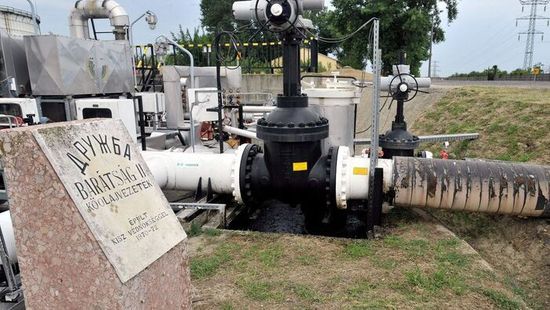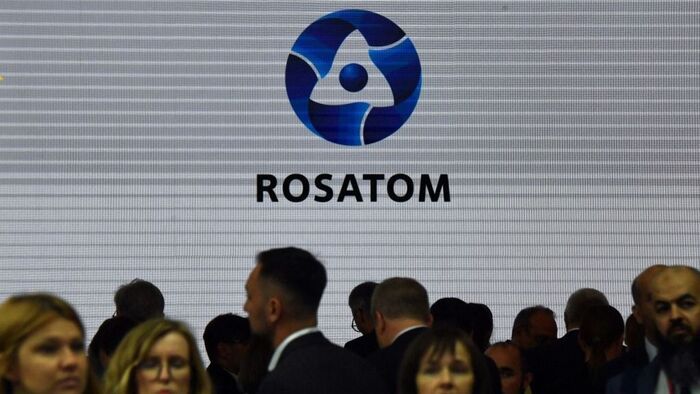Manfred Weber has repeatedly attacked the Hungarian prime minister in recent days for defying Brussels. Weber argues that Hungary enjoys the benefits of the EU, and Ukraine should be entitled to the same. However, there are enormous differences between the conditions under which Hungary joined the EU and those under which Ukraine is now seeking accession.

Manfred Weber Attacks the Hungarian Government
Commenting on the issue, Fanni Lajko, an analyst at the Center for Fundamental Rights, said the Hungarian government is under fire exactly because it openly highlights the problems associated with Ukraine’s accession, while Brussels tries to sweep them under the rug. "Manfred Weber’s statements clearly show how detached the Brussels political elite’s perception of reality is from the interests of member states. When Hungary joined in 2004, Europe enjoyed peace and stability, and conditions were predictable," she emphasized, adding that:
Membership required a functioning rule of law, stable public institutions, and peaceful coexistence with neighboring states. In contrast, Ukraine is currently at war, with parts of its territory under occupation, struggling with corruption, significant rule-of-law deficits, has severe rule-of-law deficits, and its socio-economic situation is unstable. The two situations are simply not comparable — any attempt to do so amounts to political blackmail.
Ukraine’s Membership Would Shatter Europe
Ukraine’s entry into the EU would also pose a major national security risk for Hungary. "As a direct neighbor, the shadow of war would loom even larger over our region. It would also trigger internal market, labor market, and social tensions if a country under military occupation — and one that fails to meet even the basic accession criteria — were admitted. Ukraine's accession could drag the EU directly into the conflict as a participant, creating a strategic risk for Hungary," the expert said. Beyond the military risks, she highlighted the economic and social impacts to reckon with.
Ukraine’s economy is severely weakened and relies heavily on foreign aid, meaning its membership would force a redistribution of EU cohesion funds — at the expense of current member states, including Hungary. This would especially hurt Hungary’s agriculture, development policy, and labor market. Social dumping and the free flow of cheap labor would cause further distortions across Central and Eastern Europe,
she explained.























Szóljon hozzá!
Jelenleg csak a hozzászólások egy kis részét látja. Hozzászóláshoz és a további kommentek megtekintéséhez lépjen be, vagy regisztráljon!